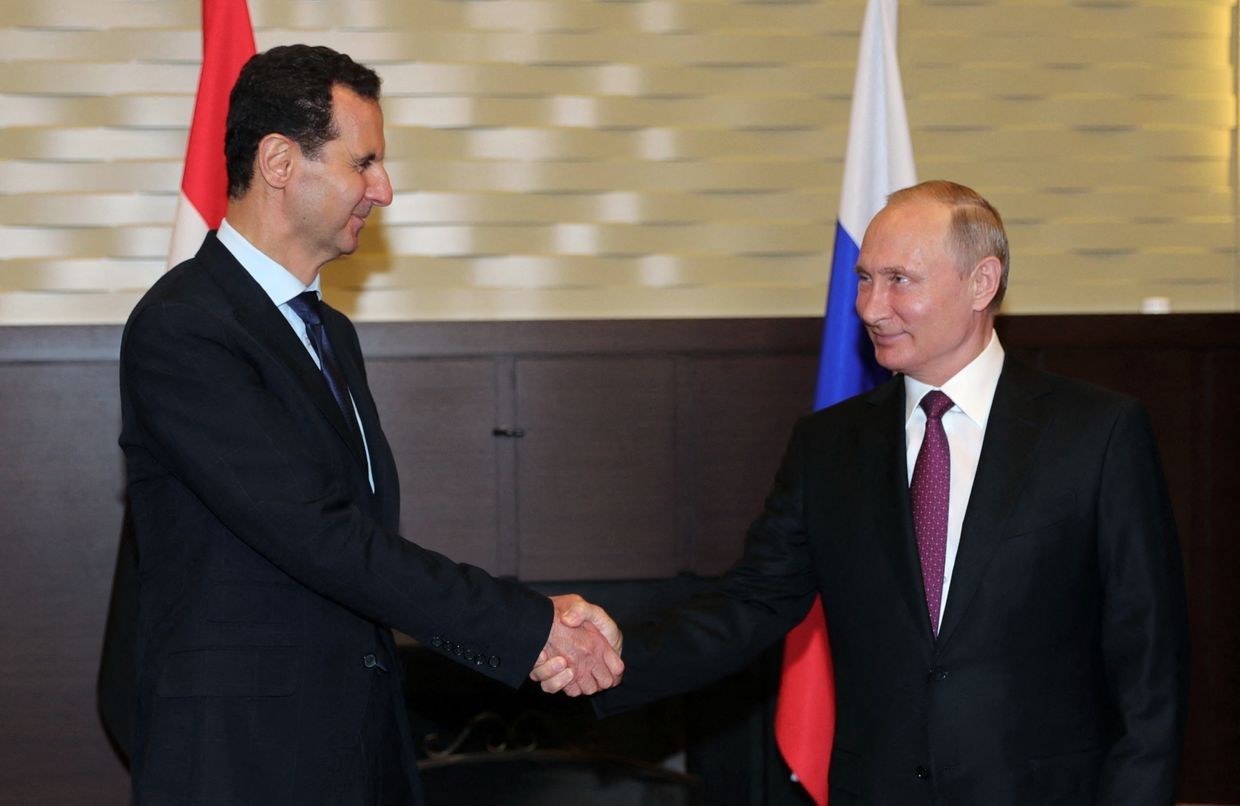Putin says full-scale invasion of Ukraine should have been 'earlier,' expresses willingness to meet Trump

In a marathon press conference lasting over four hours on Dec. 19, Russian President Vladimir Putin said that a full-scale invasion of Ukraine should have begun 'earlier.'
When asked what he would have done differently if he could go back to February 2022, the month Russia launched its all-out war against Ukraine, Putin responded, "Knowing what's happening now, back in 2022, I would've thought the decision ought to have been taken earlier." He continued, "We ought to have started getting ready for those developments and the special military operation before."
The Kremlin leader also addressed questions about benefits for soldiers involved in what Russia calls a "special military operation" in Ukraine, particularly in relation to payments for injuries or fatalities.
This issue has become a significant point of concern in Russia, reflecting the growing anxiety over mounting casualties and the reasons many Russians continue to enlist. A joint investigation by the BBC Russia and Mediazona, a Russian independent media outlet, has identified over 83,000 Russian troops killed in the war, though the actual toll is believed to be much higher.
Putin also expressed willingness to engage in dialogue with U.S. President-elect Donald Trump at any time to discuss ending the war in Ukraine. However, he reiterated Moscow’s unwavering demands for a peace agreement, including the rejection of any territorial concessions and a firm stance against Ukraine’s NATO membership.
Responding to a question about whether he had learned anything about himself during the war, Putin said: "I believe that Russia has become much stronger in the past two or three years. Why? Because we are becoming a truly sovereign country. We depend on few people. We are able to stand on our own feet from an economic point of view. We are strengthening our defense capability."
Despite almost three years of ongoing war and the toll of Western sanctions on Russia’s economy, Putin attempted to reassure the Russian public, particularly those frustrated by the war and rising inflation. He claimed that Russia was winning the war and that the economy was stable and even growing. However, in a rare admission, he acknowledged that Russia's inflation rate of 9.3 percent, as reported by the Central Bank chief, was "an alarming signal."











